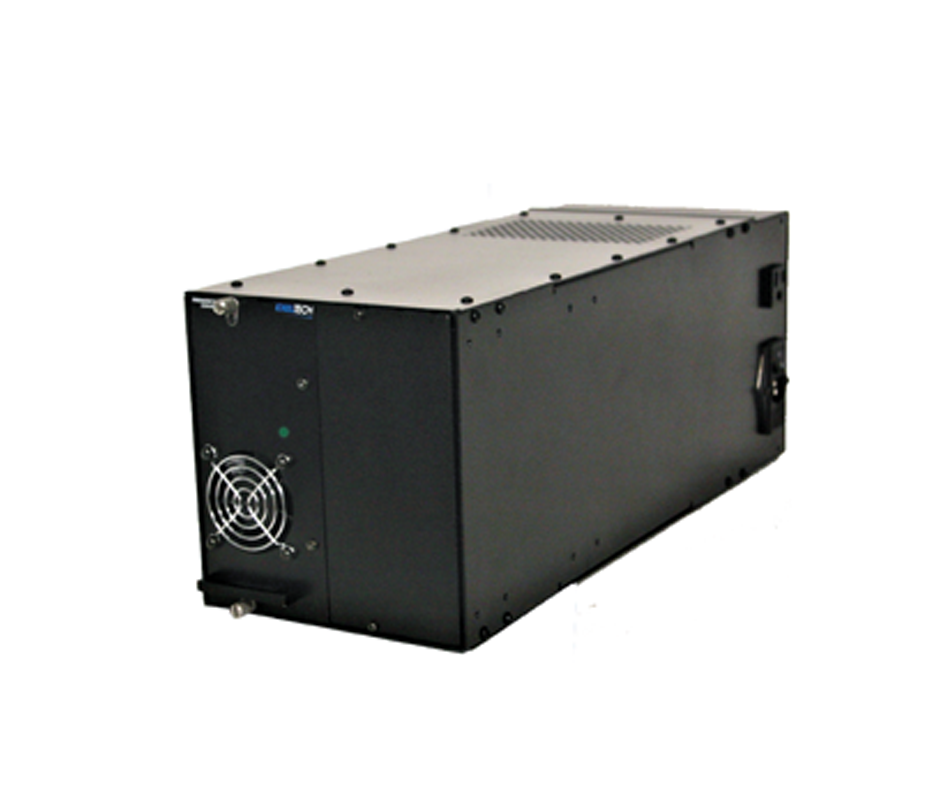Fault detection and prompt troubleshooting in modular inverters are critical for reliable functioning. Faults can occur in any component of a modular inverter, and it is essential to identify and fix them as quickly as possible. It can minimize downtime and prevent damage to the other components.
But remember, the choice of method for fault detection depends on many factors, such as the size and complexity of the system, the budget, and the desired level of accuracy. So, it is best to use a combination of different methods to improve the chances of detecting faults quickly and accurately.
Moreover, remember to exercise caution when working with electrical equipment. Seek professional help to avoid potential hazards or further damage to your system if you are unsure or uncomfortable with any step of the troubleshooting process.
10 Methods to Detect and Troubleshoot Faults in Modular Inverters
Detecting and troubleshooting faults in your industrial power inverters requires a systematic approach. Also, understanding the components and operation of the inverter is a must.
Here are ten methods you can follow for fault detection:
1. Understand your Inverter
Familiarize yourself with inverters’ components, including the modules, control boards, power supplies, and communication interfaces. Review the system documentation and specifications to understand its design and operation comprehensively.
2. Analyze Error Codes and Indicators
Most industrial power inverters have error codes and indicators that can provide valuable information about faults. Check the user manual or reference guide for a list of error codes and their corresponding meanings. Observe any visual indicators on the inverter modules or control panels that can help identify the fault.
3. Visual Inspection
Look for any signs of physical damage, loose connections, burned components, or abnormalities such as discoloration or corrosion. Also, ensure that all cables and connections are properly secured and tightened.
4. Check Power Supply
Verify that the power supply to the inverter system is stable and within the specified range. Measure the voltage and frequency using a multimeter or a power quality analyzer. An unstable or incorrect power supply is a common trigger for faults in inverters.
5. Review Communication Interfaces
Check the communication status if the industrial power inverters are connected to a network or have communication interfaces. And ensure to secure all communication cables without communication errors or failures.
6. Inspect Cooling System
Overheating can also cause faults in modular inverters. So, check the cooling fans, heat sinks, and airflow pathways for any obstructions, dust accumulation, or faulty operation. Also, clean or replace the cooling components if necessary.
7. Monitor Module Performance
Modular inverters typically consist of multiple modules working together. Therefore, monitor the performance of each module individually to identify any specific faults.
For example, you can measure each module’s voltage, current, and temperature with appropriate instruments. And then compare the readings against the manufacturer’s specifications.
8. Software and Firmware Analysis
Review the settings and configurations if the modular inverter system has a software or firmware interface. Check for any software errors or inconsistencies that might be causing faults. Update the software or firmware to the latest version if applicable.
9. Consult Manufacturer’s Documentation
Refer to the manufacturer’s documentation, technical guides, or support resources for troubleshooting guidance specific to your inverter model. They may provide detailed instructions or diagnostic tools to help identify and resolve faults.
10. Seek Professional Assistance
Finally, contact the manufacturer’s technical support if you can’t detect or resolve the faults even after following the above steps. You can also consult a professional technician with expertise in industrial power inverters. They can provide advanced troubleshooting assistance or recommend further diagnostic procedures. Alternatively, you can call the experts from Exeltech, one of the best inverter manufacturing companies!





